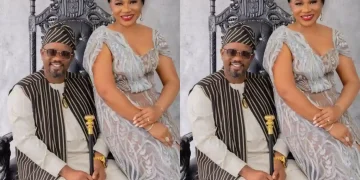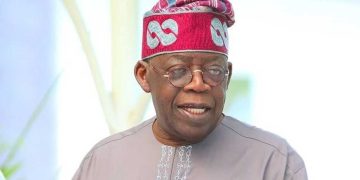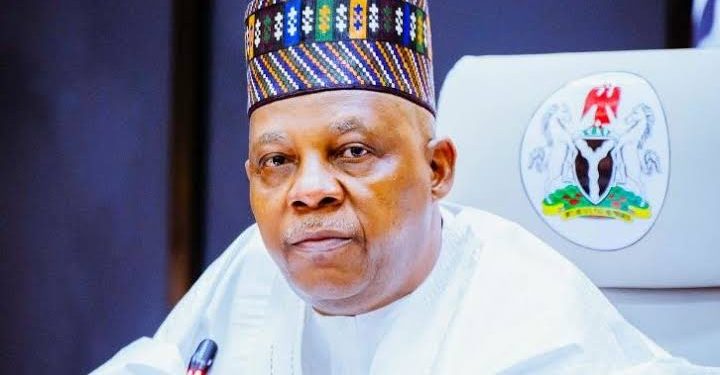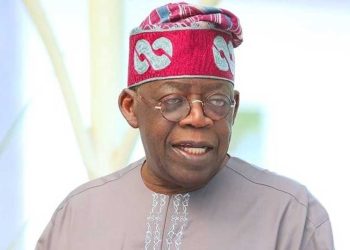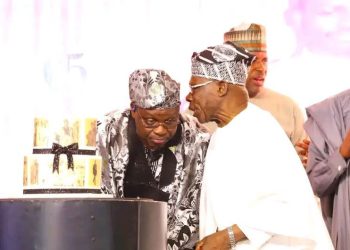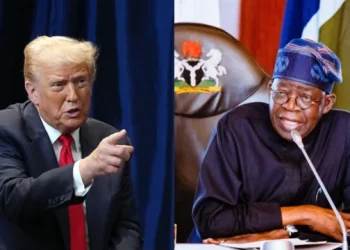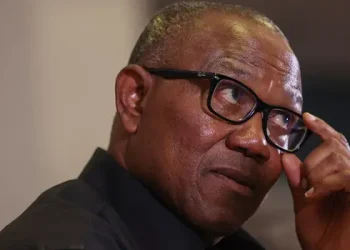The Presidency has refuted reports linking a statement from Vice President Kashim Shettima at a book launch in Abuja to recent developments in Rivers State involving Governor Siminalayi Fubara and President Bola Tinubu.
The Vice President had referenced a historical episode during the GEJ government when there were alleged moves to remove him as Governor of Borno State amid intense Boko Haram insurgency.
Reacting via a press statement on Friday, the Senior Special Assistant to the President on Media and Communications (Office of the Vice President), Stanley Nkwocha, described the media interpretations as a “gross misrepresentation” and “reckless endangerment of national cohesion.”
According to him, Shettima’s words were mainly acknowledging Mohammed Bello Adoke’s role as a public official while speaking at the public presentation of “OPL 245: The Inside Story of the $1.3 Billion Oil Block,” a book written by Adoke.
He stated that Kashim’s speech had nothing to do with current political events, and people are just reading the wrong meaning into it.
“Some news outlets have irresponsibly twisted the Vice President’s account of how the administration of former President Goodluck Jonathan floated the idea of removing him from office, then as governor of Borno State, in the most intense and critical phase of insurgency in the North East region of the country.
The sensational reporting disappointingly tried to erect a highly mendacious argument about the state of emergency declared in Rivers State and the subsequent suspension of Governor Siminalayi Fubara by His Excellency, Asiwaju Bola Ahmed Tinubu, GCFR, President and Commander-in-Chief of the Armed Forces of the Federal Republic of Nigeria.
We wish to state categorically that Vice President Shettima’s comments were made within the specific context of acknowledging the author’s past professional conduct during his tenure as Attorney General of the Federation. His remarks were historical references to events that occurred during the Jonathan administration, and constituted nothing more than an intellectual discourse on Nigeria’s constitutional evolution.
This rare moment of retrospection was purely illustrative, intended to demonstrate how our constitutional democracy has matured within the capacity to resolve complex federal-state tensions through established legal mechanisms,” he said.
He further noted that such a comparison is very misleading, stressing that President Bola Tinubu did not remove Fubara from office.
Nkwocha concluded by defending the legality of Tinubu’s intervention in Rivers State, stating that it was done in accordance with Section 305 of the 1999 Constitution following security threats and political instability in Rivers State.
“For the avoidance of doubt, President Tinubu did not remove Governor Fubara from office. The constitutional action taken was suspension, and not outright removal. It was part of the measures implemented, including the state of emergency declared, in response to the grave circumstances surrounding the polity in Rivers State at the time.
It is more so considering the unprecedented situation where the State House of Assembly complex was under demolition and the Governor was facing a looming threat of impeachment (outright removal from office) from the embattled members of the state legislature,” he added.

Folami David is a dynamic journalist who views the world through an analytical lens, translating complex narratives across multiple industries into compelling stories. With an insatiable appetite for information and a keen eye for emerging trends, Folami specializes in uncovering the interconnections between technology, business, culture, and society.



